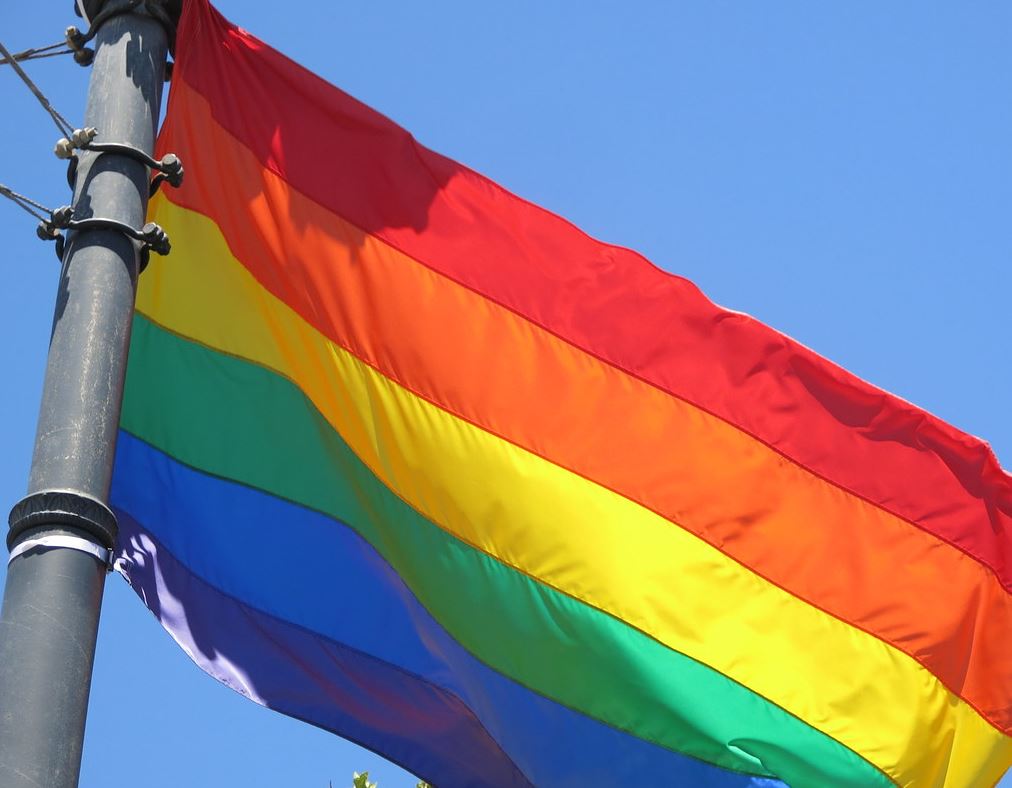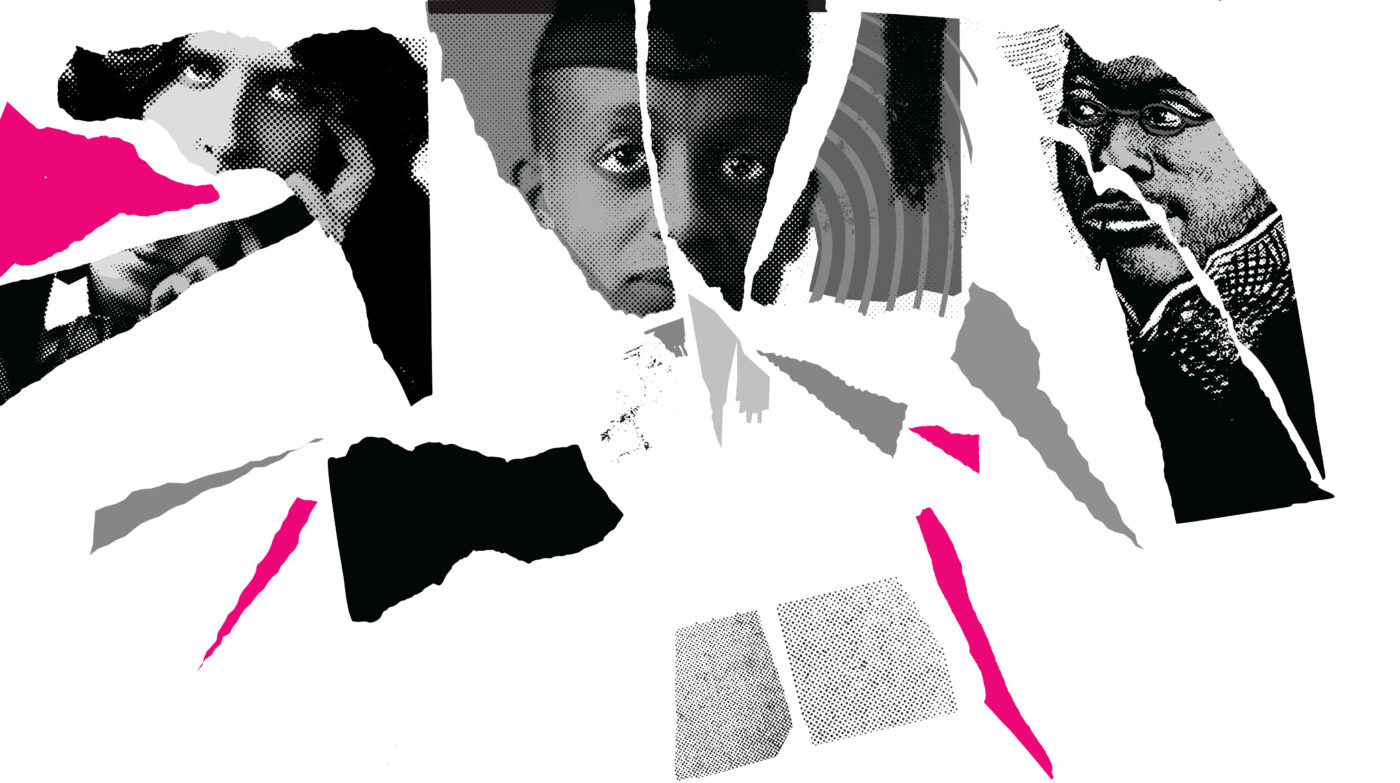

From May-December 2019, this exhibition and event series enabled hundreds of visitors young and not-so-young to learn about the surprising shared histories of Oxford’s trailblazing undergraduates. Black Oxford walking tours, lunchtime discussions, and lectures provided a space for students, staff, and the wider public to engage with the trailblazers whilst encouraging individuals to reflect on their own lived experiences. The events series included the following:
Exhibition Launch, 9 May 2019, Magdalen College Auditorium
Alain Locke Memorial Lecture with Oxford alumnus and Rhodes Scholar Donald Brown, 13 May 2019, Rhodes House
Below, you can watch a recording of the full lecture:
Magdalen Garden Play (A Woman of No Importance by Oscar Wilde) 22nd-25th May, 2pm/7pm, Magdalen College President’s Garden

Oscar Wilde’s grandson, Merlin Holland, delivering the exhibition’s closing lecture to a packed out audience.
Free Lunch and Discussion about Alain Locke’s Legacy with Oluchi Ezeh, Serena Arthur and Prof. Nicholas Gaskill, 30 May 2019, Hertford College
Black Oxford Pioneers and Trailblazers walking tours with Blue Badge guide Angela Morgan, 4 June 2019
Christian Cole Lecture with Pamela Roberts, FRSA, 12 June, 2019, University College
Oscar Wilde Lecture with Merlin Holland ‘Confounding the critics and surviving the scandal: the remarkable reputation of Oscar Wilde’, 19 October 2019, Magdalen College Auditorium

Since 2006, the University has held the Athena SWAN Award, which recognises good practice in promoting gender equality in higher education.
In 2018, the University of Oxford became one of only ten UK universities to hold a Race Equality Charter Bronze Award, which recognises efforts and commitments to improve the representation, progression and success of minority ethnic staff and students. Commenting on the award, the University Advocate for Equality and Diversity, Dr Rebecca Surender, said: “There is still a lot of work to do, but the structures we have now put in place leave us in a great position to address the main obstacles to racial equality at Oxford. The hard work starts now.”
Click here to read the 2017/18 University of Oxford Equality Report.
Priorities for action include:
In 2019, the University joined the Stonewall Top 100 Employers Index. The University is part of the Stonewall Diversity Champions programme and actively supports national LGBT awareness activities.
In 2020, Oxford University’s Black and Minority Ethnic Staff Network wrote to Vice Chancellor Louise Richardson with targeted demands for reform and investment to support BME staff and students.
The gruesome killings of men and women of colour in the United States sparked worldwide support for #BlackLivesMatter. Braving the COVID-19 pandemic, protesters flooded the streets of Oxford:

To be in the margins is to be part of the whole but outside of the main body,” the African American critic bell hooks observes. “It is also the site of radical possibility, a space of resistance.”
Cole protested colonialism by publishing pamphlets and speaking out at the Oxford Union. Locke became a dedicated cosmopolitan and a pan-Africanist. Wilde spoke out in defence of same-sex love. “I urge you all not to become discouraged because ridicule is thrown upon those who have the boldness to run counter to popular prejudice,” Oscar Wilde said. For our three pioneers, the path to success was paved with obstacles including ridicule, racism and homophobia. In the two videos below, University College Librarian Elizabeth Adams discusses the afterlife of Wilde’s works and Prof. Michèle Mendelssohn discusses his political and literary legacy:
Today, the struggle for equality and inclusion is far from over. In this video, Stuart Hall Doctoral Scholar Ruth Ramsden-Karelse discusses the Oxford Queer Studies Network she founded:
As Rhodes Scholar Camille Borders, MPhil student at Magdalen, explains in the video below, what we learn from Black, Queer and Women’s Oxford history recasts the way we view Oxford history in the first place:
History matters.
How we talk about the past informs the present and can transform the future.
Becoming aware of past prejudices and exclusions enables us to make different and better choices. As curators, our hope is that what you see in this exhibition will prompt questions, spur further inquiry and, above all, provoke conversations about equality and inclusion – at Oxford and in the world at large.